
Find Help
More Items From Ergsy search
-

Can postnatal depression affect subsequent pregnancies?
Relevance: 100%
-
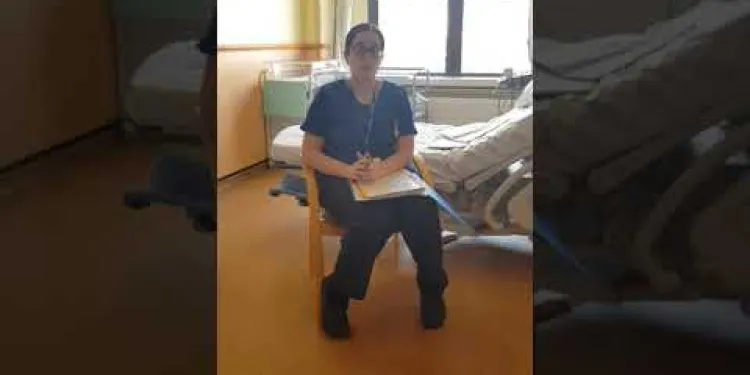
Postnatal Depression
Relevance: 66%
-
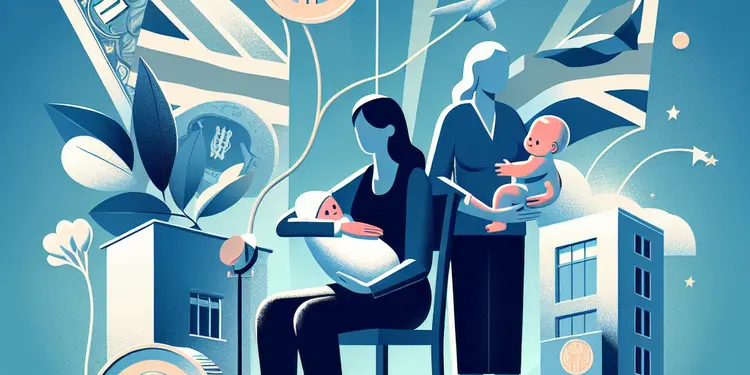
Can postnatal depression recur after treatment?
Relevance: 65%
-
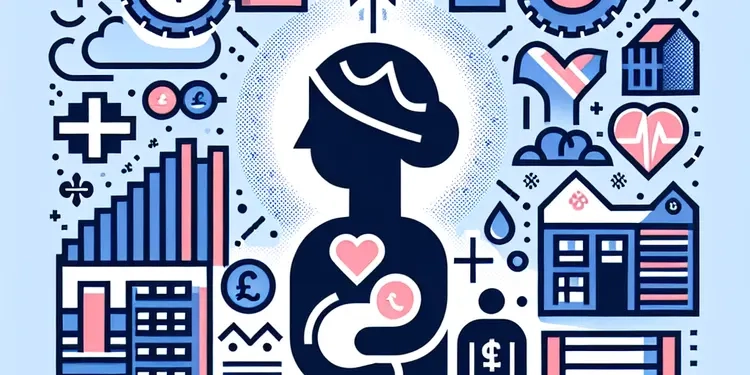
What is postnatal depression?
Relevance: 64%
-
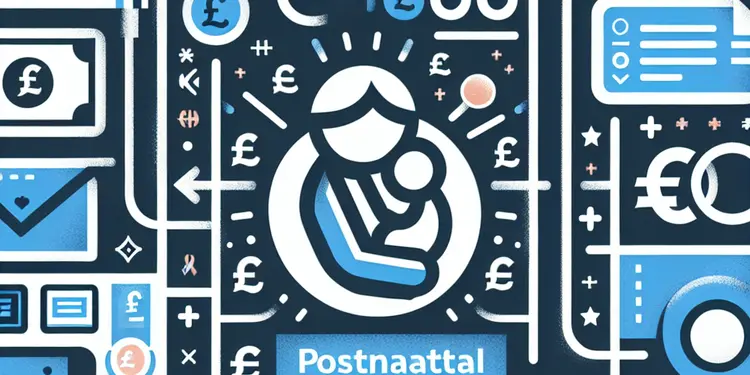
Is postnatal depression preventable?
Relevance: 61%
-
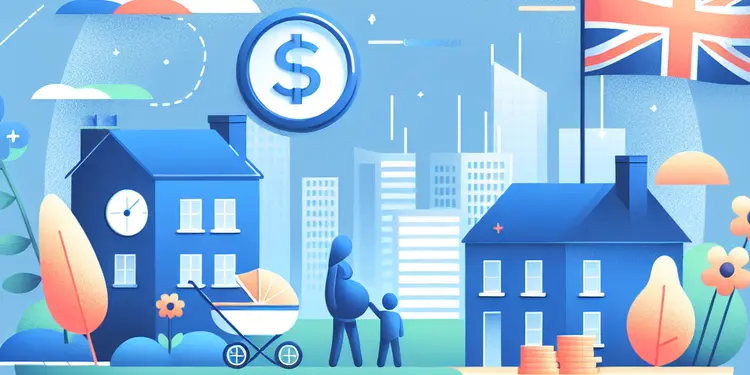
Is postnatal depression a long-term condition?
Relevance: 61%
-

What causes postnatal depression?
Relevance: 61%
-
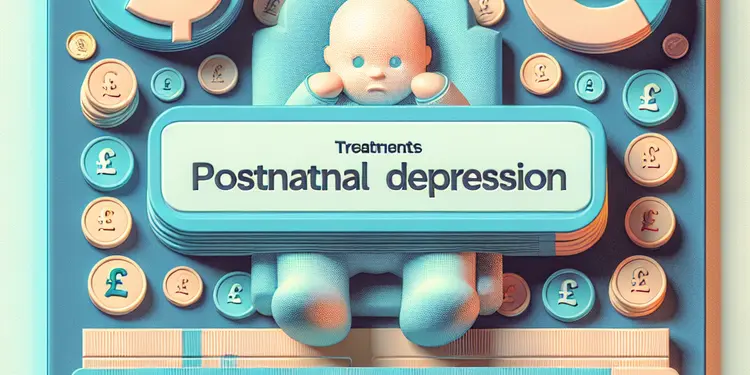
Are there treatments available for postnatal depression?
Relevance: 59%
-

Should someone with postnatal depression seek professional help?
Relevance: 57%
-
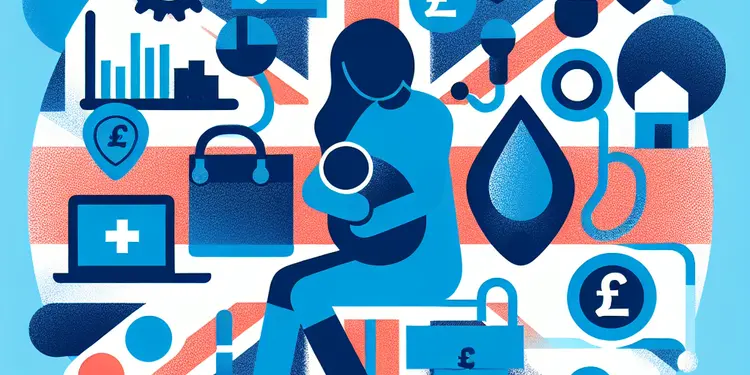
How is postnatal depression diagnosed?
Relevance: 56%
-

Postnatal Depression - Leanne's Story
Relevance: 55%
-
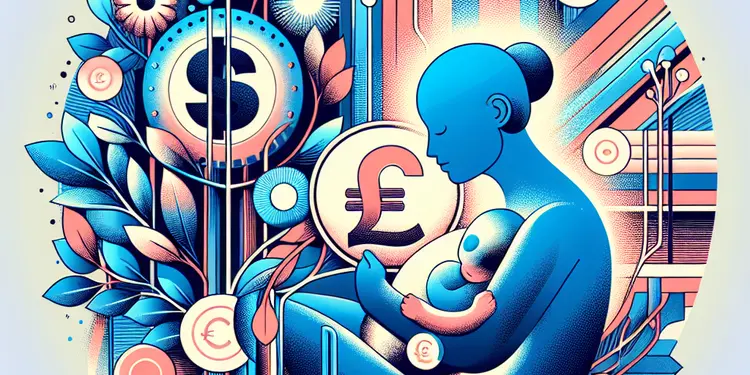
What are the symptoms of postnatal depression?
Relevance: 55%
-
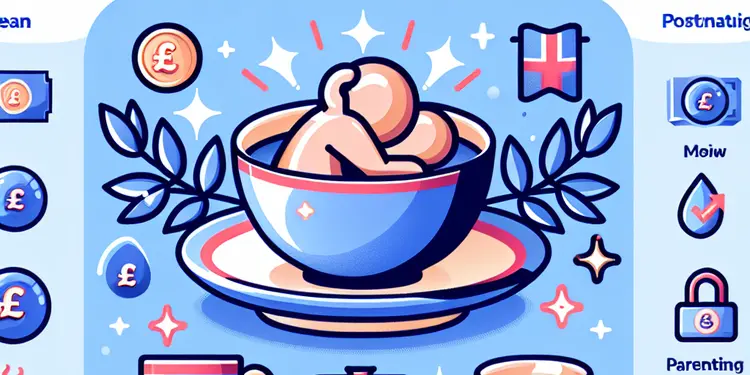
Are there support groups for postnatal depression?
Relevance: 54%
-

Can fathers experience postnatal depression?
Relevance: 53%
-
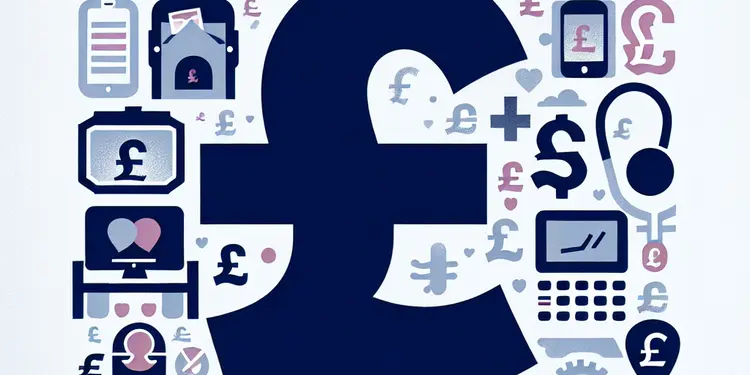
What should I do if I suspect I have postnatal depression?
Relevance: 53%
-
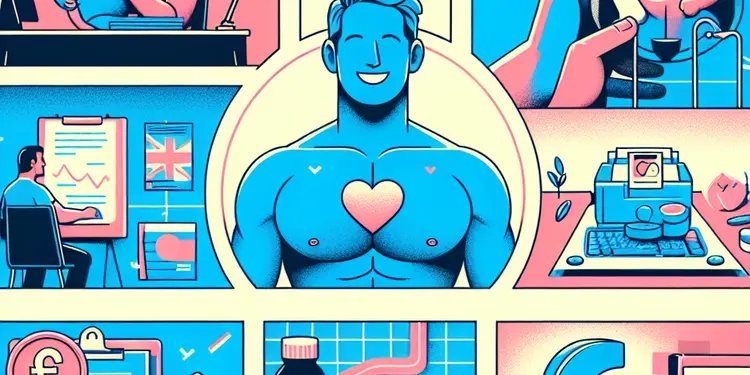
Is medication necessary for treating postnatal depression?
Relevance: 53%
-
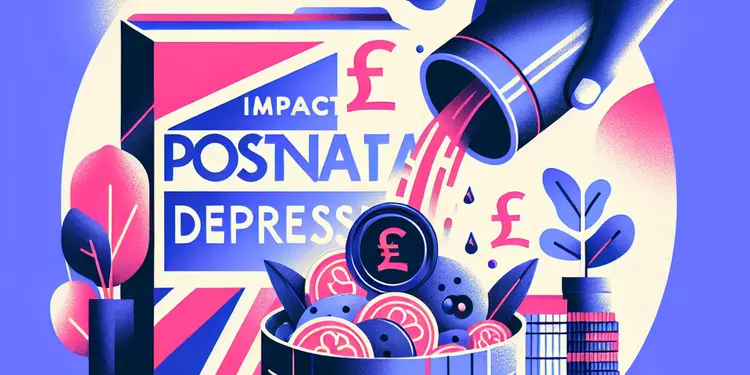
Can diet impact postnatal depression?
Relevance: 52%
-
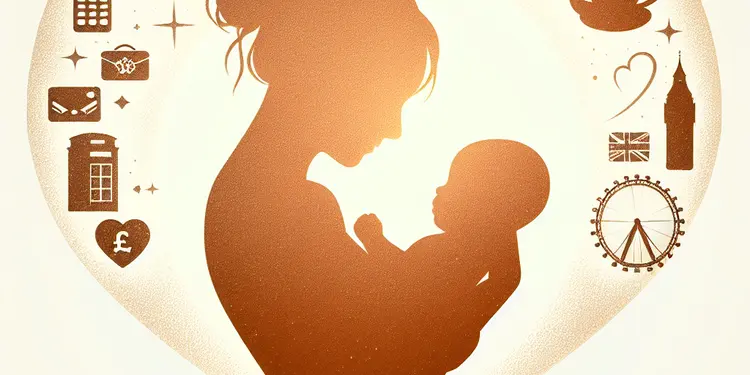
How does postnatal depression affect bonding with the baby?
Relevance: 52%
-
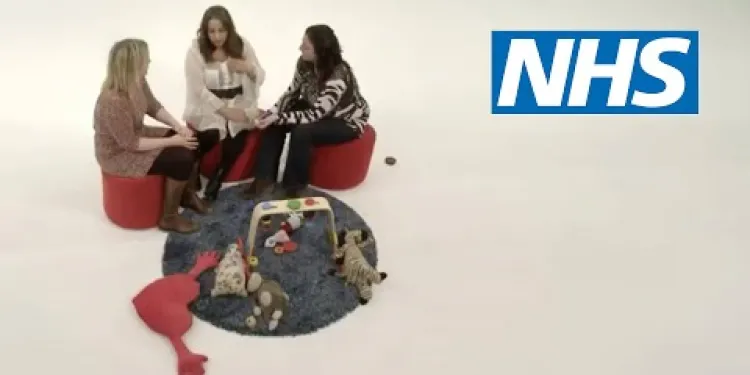
How do I know if I have postnatal depression? | NHS
Relevance: 52%
-
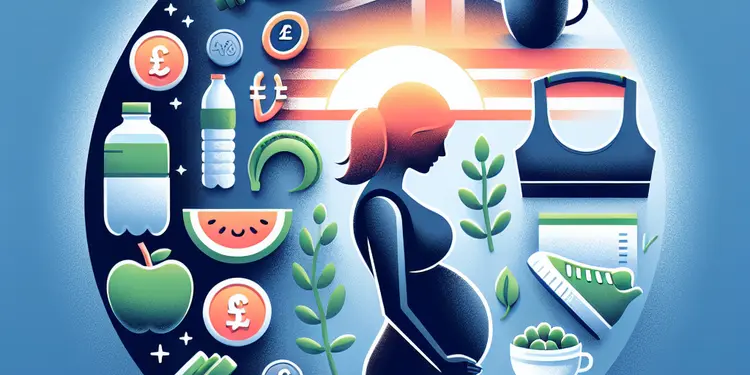
Can lifestyle changes help with postnatal depression?
Relevance: 51%
-
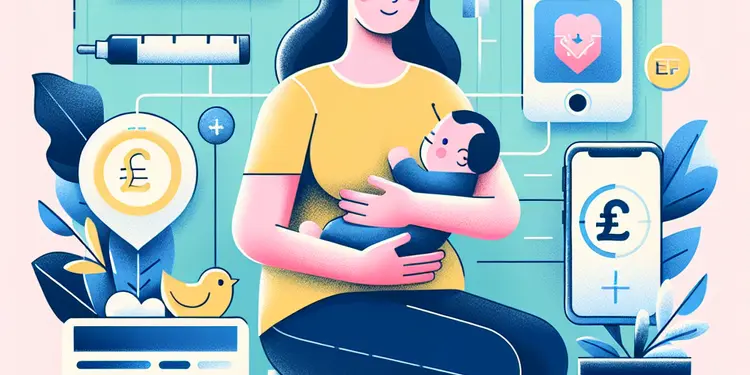
How is postnatal depression different from the 'baby blues'?
Relevance: 50%
-
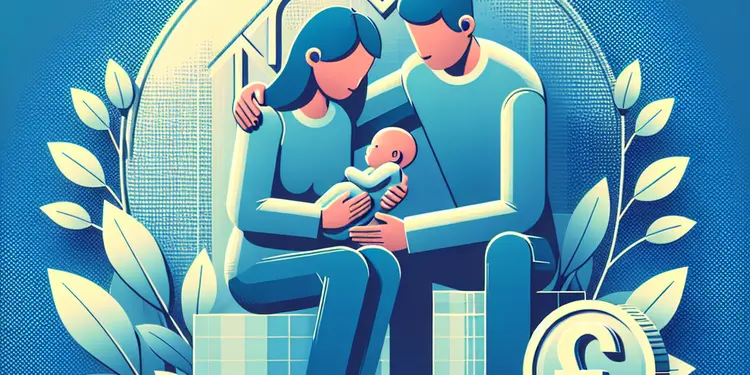
How can family members support someone with postnatal depression?
Relevance: 45%
-
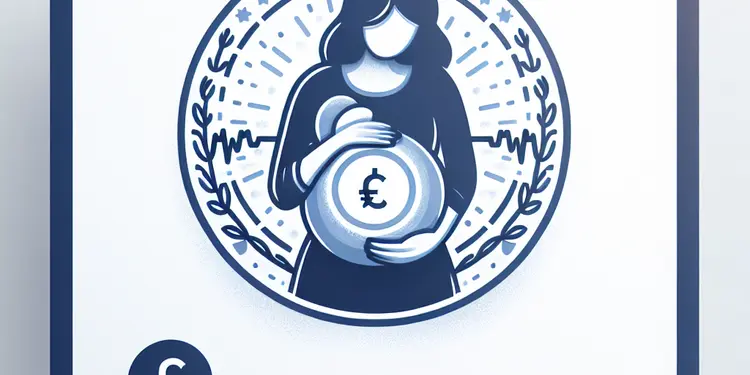
How soon after childbirth can postnatal depression occur?
Relevance: 38%
-
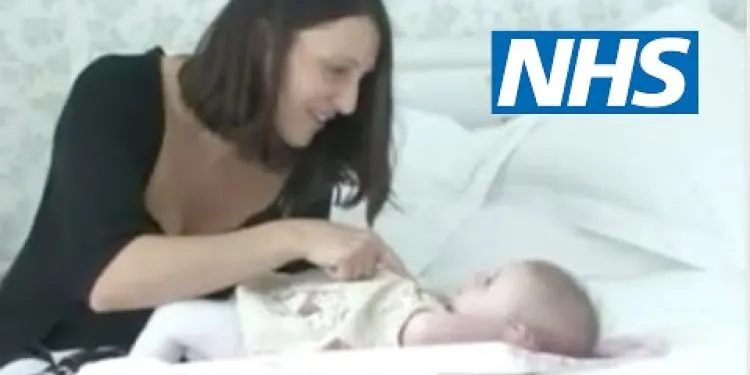
HIV and pregnancy | NHS
Relevance: 28%
-

How does exercise benefit pregnancy?
Relevance: 26%
-
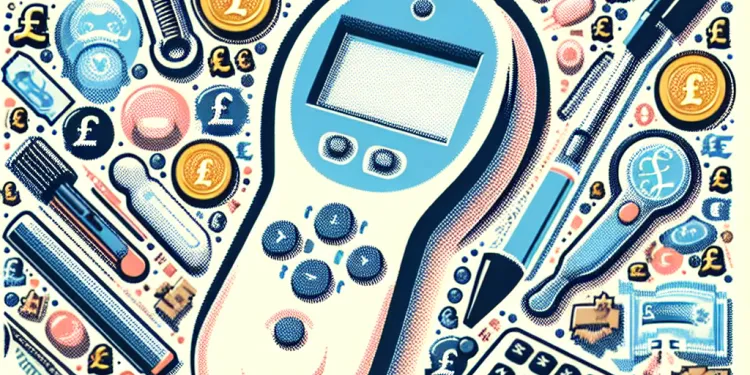
How soon can a pregnancy test detect pregnancy?
Relevance: 25%
-

Does IVF guarantee pregnancy?
Relevance: 25%
-
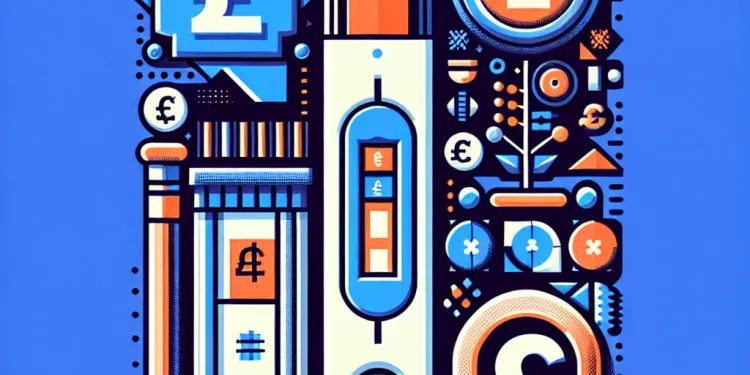
What is a pregnancy test?
Relevance: 24%
-

Treating anxiety and depression - www.slam.nhs.uk
Relevance: 24%
-

How often should I exercise during pregnancy?
Relevance: 23%
-

Can stress affect a pregnancy test result?
Relevance: 23%
-

What if my pregnancy test is positive?
Relevance: 23%
-
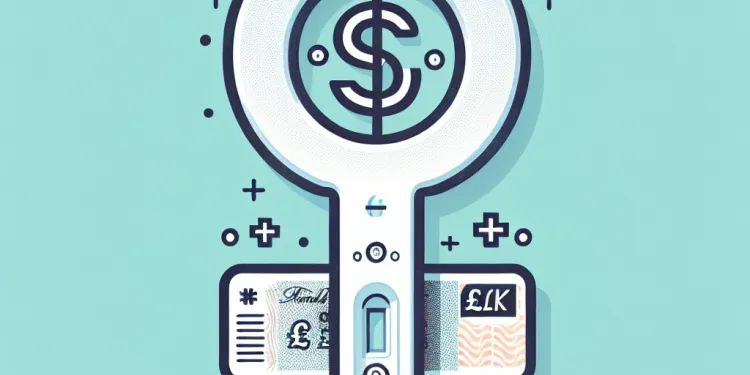
Can a pregnancy test expire?
Relevance: 23%
-
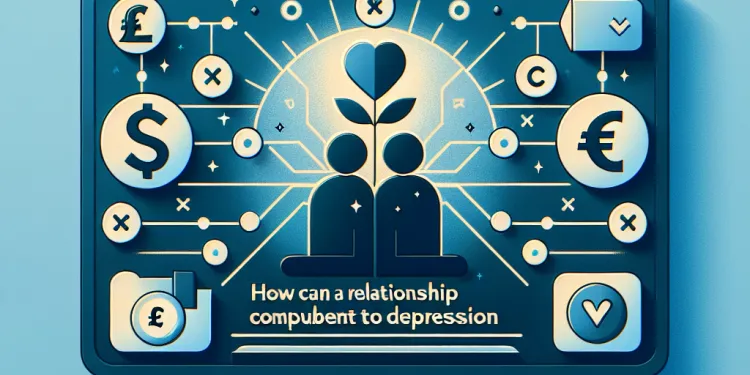
How can a relationship contribute to depression?
Relevance: 23%
-
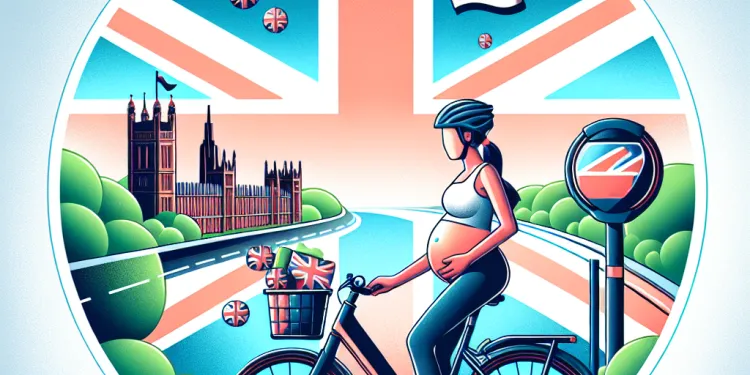
Is cycling safe during pregnancy?
Relevance: 23%
-
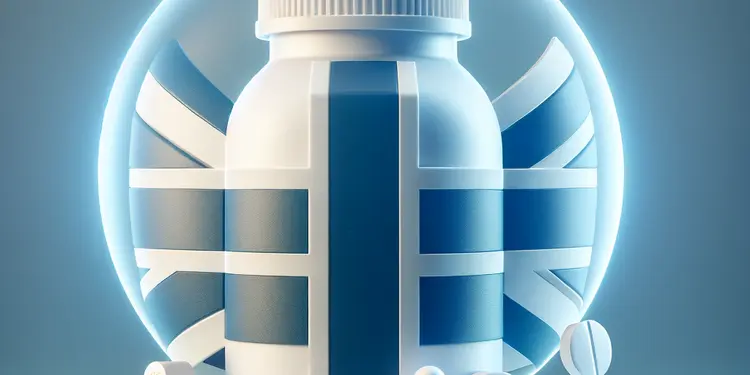
Is there any risk of using paracetamol outside of pregnancy with regard to autism?
Relevance: 23%
-
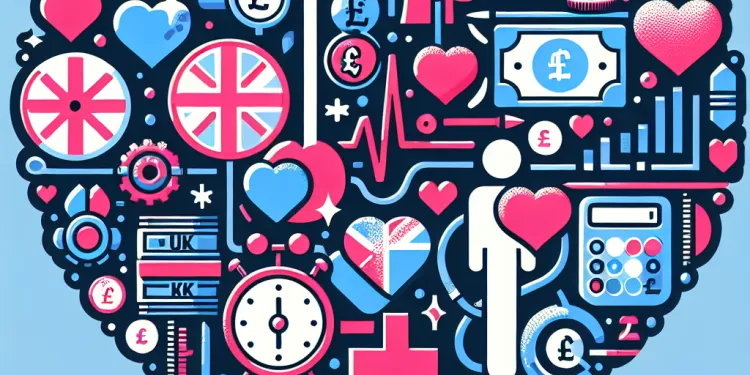
What are the signs that my relationship is making me depressed?
Relevance: 23%
-

What are the different types of pregnancy tests?
Relevance: 22%
-

How does a pregnancy test work?
Relevance: 22%
-
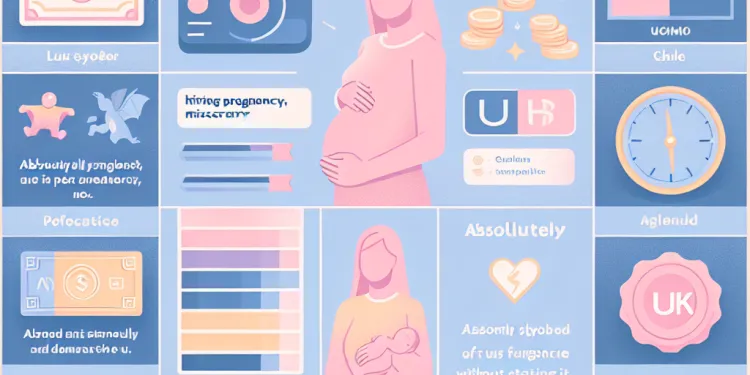
Can a pregnancy test detect a miscarriage?
Relevance: 22%
Understanding Postnatal Depression
Postnatal depression (PND) is a type of mood disorder associated with childbirth, affecting both sexes but more commonly women. The condition is characterized by feelings of extreme sadness, anxiety, and exhaustion that may interfere with a woman's ability to care for herself or her family. It's estimated that around 10-15% of new mothers in the UK experience postnatal depression, making it a significant public health concern.
Impact on Subsequent Pregnancies
Women who have experienced postnatal depression may worry about its impact on future pregnancies. Research indicates that having had postnatal depression can increase the risk of recurrence in subsequent pregnancies. Studies suggest that the risk of experiencing postnatal depression again is about 20-50% if a woman has had it in the past. This increased risk underscores the importance of being aware of mental health history and discussing it with healthcare providers when planning another pregnancy.
Psychological and Emotional Considerations
The experience of postnatal depression can influence a woman's psychological state during subsequent pregnancies. Anxiety about the possibility of recurrence can contribute to higher stress levels. This stress may be compounded by the demands of caring for existing children while managing the physical and emotional challenges of a new pregnancy. Mothers may benefit from psychological support and counselling to address these concerns proactively.
Medical Support and Preventive Measures
Healthcare providers play a crucial role in supporting women with a history of postnatal depression. Early intervention and preventive care, such as regular check-ups and mental health screenings during pregnancy, can help manage symptoms effectively. Women are encouraged to openly communicate with their healthcare teams about any emotional changes they experience. There may also be discussions around potential therapeutic approaches, including cognitive behavioural therapy (CBT) and medication.
Support Networks and Resources
In the UK, a variety of resources and support networks are available for women who have experienced postnatal depression and are considering or are already pregnant again. Organisations such as the National Health Service (NHS), the Association for Post Natal Illness (APNI), and PANDAS Foundation offer valuable information and support services. Accessing these resources can provide emotional assistance and practical advice to manage both the joys and challenges of motherhood.
Conclusion
While postnatal depression can affect subsequent pregnancies, many women go on to have healthy and fulfilling experiences with careful planning and support. Understanding the potential for recurrence and taking proactive steps to manage mental health can significantly improve outcomes. With the right support, women can navigate the complexities of postnatal depression and enjoy their journey into motherhood.
Understanding Postnatal Depression
Postnatal depression (PND) is a feeling of deep sadness after having a baby. Both men and women can get it, but it is more common in women. It can make you feel really sad, worried, and very tired. These feelings can make it hard to look after yourself and your family. About 10-15 out of every 100 new mums in the UK have these feelings. So it's a big concern.
Impact on Future Pregnancies
Women who have felt postnatal depression might worry about their next babies. If you felt this way before, there is a chance you might feel it again. There is a 20-50% chance it could happen in your next pregnancy if it happened before. Knowing how you felt before is important. Talking to your doctor can help when planning to have another baby.
Feelings During the Next Pregnancy
Feeling postnatal depression can change how you feel in your next pregnancy. Worrying about feeling sad again can make you more stressed. Looking after other children and being pregnant can be tough. Talking to someone and getting support can really help manage these feelings.
How Doctors Can Help
Doctors and nurses can help women who have had postnatal depression. Regular check-ups and talking about your feelings in pregnancy can help with managing sadness. It's important to tell your doctor how you are feeling. Different treatments, like talking therapy or medicines, might help too.
Getting Help and Support
In the UK, there are lots of places to help women with postnatal depression. Groups like the NHS, the Association for Post Natal Illness (APNI), and the PANDAS Foundation have helpful information. They can support you with advice and help you with being a mum.
Conclusion
Even if you had postnatal depression, with planning and support, future pregnancies can still be happy. Knowing it might happen and getting help early can make things better. With the right support, women can enjoy being mums and take good care of their babies.
Frequently Asked Questions
Can postnatal depression affect future pregnancies?
Yes, experiencing postnatal depression can potentially impact future pregnancies, both emotionally and psychologically.
What are common symptoms of postnatal depression?
Common symptoms include feelings of sadness, anxiety, fatigue, and changes in sleeping or eating patterns.
Are women who had postnatal depression at higher risk in subsequent pregnancies?
Yes, women who have experienced postnatal depression may be at a higher risk of experiencing it again in future pregnancies.
How can prior postnatal depression affect family planning decisions?
Couples may hesitate to plan another pregnancy due to concerns about the recurrence of depression or its impact on family dynamics.
What preventive measures are available for postnatal depression in subsequent pregnancies?
Preventive measures include therapy, counseling, medication, and support groups to manage stress and emotional changes.
Can counseling help manage postnatal depression in future pregnancies?
Yes, counseling can be beneficial in providing strategies to cope with stress and emotional challenges during future pregnancies.
Is medication an option for managing postnatal depression in subsequent pregnancies?
Medication can be an option, but it's important to consult a healthcare provider to tailor safe and effective treatments.
How can partners support women with a history of postnatal depression during future pregnancies?
Partners can provide emotional support, help with childcare, and encourage seeking professional help when necessary.
Does postnatal depression affect the baby's health in future pregnancies?
While prenatal depression itself may not directly affect the baby's health, it can impact prenatal care and maternal well-being.
How can lifestyle changes help in managing postnatal depression risks in future pregnancies?
Healthy lifestyle choices such as regular exercise, a balanced diet, and adequate rest can help manage depression risks.
Are there support groups for women dealing with postnatal depression in future pregnancies?
Yes, many support groups are available both online and in-person for women facing these challenges.
What role does healthcare provider play in managing postnatal depression in subsequent pregnancies?
Healthcare providers can offer screenings, resources, and treatment plans to support mental health during and after pregnancy.
Can therapy help with anxiety related to future pregnancies after postnatal depression?
Therapy can help address anxiety by providing coping strategies and reducing fears associated with future pregnancies.
Does prior postnatal depression have a long-term impact on women?
Postnatal depression can have long-term effects on mental health, but with proper treatment, many women recover fully.
Is it common to feel anxious about getting pregnant again after experiencing postnatal depression?
Yes, it's common to feel anxious due to concerns about recurrence and managing potential depression during another pregnancy.
Can lifestyle stress increase the risk of postnatal depression in future pregnancies?
Yes, stress can contribute to the development of postnatal depression, making stress management important in future pregnancies.
What are the warning signs of postnatal depression in future pregnancies?
Warning signs include persistent sadness, lack of interest in activities, fatigue, and changes in appetite or sleep patterns.
Are there any dietary recommendations to reduce the risk of postnatal depression in subsequent pregnancies?
A diet rich in omega-3 fatty acids, vitamins, and minerals can support mental health and potentially reduce depression risk.
How can early intervention help with postnatal depression in future pregnancies?
Early intervention through screenings and professional help can mitigate symptoms and improve recovery outcomes.
What impact can untreated postnatal depression have on future pregnancies?
Untreated depression can lead to difficulty in bonding with the baby, increased stress, and impact family relationships negatively.
Can feeling sad after having a baby happen again in other pregnancies?
Feeling very sad after having a baby is called postnatal depression. If you had this before, you might worry it could happen again.
It is important to talk to your doctor if you feel sad. They can help you feel better.
Here are some tips to help:
- Talk to someone you trust about how you feel.
- Find a support group for parents.
- Get good rest and eat healthy food.
- Ask for help with the baby when you need it.
Remember, you're not alone and there are people who can help you feel happy again.
After having a baby, some people feel very sad. This is called postnatal depression. Feeling like this can change how you feel during another pregnancy later. It can make your feelings and thoughts different.
What are common signs of feeling sad after having a baby?
Having a baby is a big change. Sometimes, new parents can feel very sad. This is called "postnatal depression." Here are some things that might happen:
- Feeling very sad most of the time.
- Crying a lot when you don't know why.
- Feeling tired all the time.
- Finding it hard to sleep, even when the baby is sleeping.
- Not feeling like eating or eating too much.
- Feeling like you're not taking good care of the baby.
- Not wanting to do things you used to enjoy.
If you feel like this, it’s important to talk to someone. A doctor or nurse can help. Try to rest when you can. It can also help to talk to friends or family. You are not alone, and people want to help you feel better.
Common signs are feeling sad, worried, or tired. You might also notice changes in how you sleep or eat.
Will a mum feel sad again in her next pregnancy if she felt sad after her last baby?
Some mums feel very sad after having a baby. This is called postnatal depression. If a mum felt this way before, she might feel the same in her next pregnancy. It can help to talk to a doctor or a nurse. They can help you feel better. Using a mood diary or talking to a support group may also help.
Yes, if a woman had postnatal depression before, she might have it again in future pregnancies.
How can feeling sad after having a baby change family planning choices?
Sometimes, after having a baby, moms feel really sad and worried. This is called postnatal depression. If a mom felt like this before, it might make her think carefully about having more children.
Here are some ways it can change family planning:
- The mom might be scared of feeling sad again, so she could decide not to have more babies.
- The family might talk more about how to support the mom if she decides to have another child.
- A doctor or counselor can help by talking with the mom and her family.
Tools to help:
- Speaking with a doctor or counselor
- Joining a support group for moms
- Using calming apps or exercises
Couples might feel worried about having another baby because they are scared the mother might get sad again, or that it could change how the family gets along.
How can you stop feeling sad after having a baby again?
To feel better and handle stress, you can try talking to a helper (like in therapy or counseling), taking medicine, or joining a group where you talk and share with others. These things can help you feel calm and happy.
Can talking to a counselor help with feeling sad after having a baby in another pregnancy?
Yes, talking to someone can help. They can give you ways to handle stress and feelings when you are pregnant again.
Can medicine help with feeling sad after having a baby again?
Medicine can help, but it is important to talk to a doctor to find out what is safe and works best for you.
How can partners help women who felt very sad after having a baby before?
Partners can help by giving hugs and being nice. They can also help take care of the kids and tell you to see a doctor if you need it.
Can postnatal depression affect the baby's health in future pregnancies?
Postnatal depression is when a parent feels very sad after having a baby. This can happen to new parents.
It is important to talk to a doctor if you feel this way.
Sometimes feeling sad can make it hard to take care of yourself and the baby.
This might not directly affect future babies, but taking care of your feelings is important for you and your family.
Here are some things that can help:
- Talk to a doctor or nurse.
- Share your feelings with friends or family.
- Join a support group.
- Get enough sleep and eat healthy foods.
Feeling sad or worried during pregnancy might not hurt the baby right away. But it can make it harder for moms to take care of themselves and their baby before birth.
How can changing your daily habits help keep away sadness after having a baby?
Having a baby is a big change. Sometimes, new moms can feel very sad. This is called postnatal depression. But changing some of your daily habits can help you feel better and stop sadness in your next pregnancy.
Here are some ways to help:
- Rest: Try to get enough sleep. Take naps when your baby sleeps.
- Eat well: Eat healthy meals with fruits and vegetables.
- Exercise: Go for walks or do gentle exercises. It helps lift your mood.
- Talk: Share your feelings with friends or family. Don’t keep feelings inside.
- Join a group: Find other new moms to talk to and share experiences.
Using these tips can make you feel better and less worried during your next pregnancy. If you feel very sad, talk to a doctor or a helper. They can support you too.
Staying healthy can help you feel less sad.
You can do things like:
- Exercise often
- Eat healthy food
- Get enough sleep
Is there help for women who feel sad after having a baby and are pregnant again?
If you are a woman who felt very sad after having a baby and you are going to have another baby, there are people who can help you. These are support groups.
Support groups are places where you can talk to other women who feel the same way. You can share your feelings and get advice.
To find a support group, you can:
- Ask your doctor or nurse for help.
- Look on the internet for groups near you.
- Talk to friends or family who may know of a group.
It can also help to talk to someone you trust about how you feel. You are not alone. There are people who care and can help you feel better.
Yes, there are lots of groups that can help women both online and in-person.
How can doctors and nurses help with sadness after having a baby if someone is pregnant again?
If you feel sad after having a baby, doctors and nurses can help. This sadness is called postnatal depression.
When you are pregnant again, doctors and nurses can:
- Listen to how you feel.
- Talk with you about your feelings.
- Help you find support groups or counselors.
- Give you advice on taking care of yourself.
- Check on how you are doing often.
Remember, it is okay to ask for help. Talking to someone can make you feel better.
Doctors and nurses can help by checking how you feel, giving helpful information, and making a plan if you need help with your feelings during and after having a baby.
Can talking to a therapist help with feeling worried about having a baby again after feeling sad after the last baby?
Talking to a therapist can help if you feel scared or worried. They can teach you ways to feel better and worry less about having a baby in the future.
Can having postnatal depression affect women for a long time?
Having postnatal depression is when a mom feels very sad after having a baby. Let's find out if feeling this way can affect moms even much later.
Support tips:
- Talking to a friend or family member can help.
- A doctor or therapist can give advice and support.
- Joining a support group with other moms can be helpful.
After having a baby, some mums feel very sad. This is called postnatal depression. It can affect how you feel for a long time.
But if you get help and the right treatment, you can feel better. Many mums feel good again.
Talking to a doctor or counselor is important. They can give you the right support. Friends and family can help too.
Some tools that might help include:
- Relaxation techniques like deep breathing.
- Doing gentle exercise like walking.
- Keeping a diary to write down your feelings.
- Using apps or listening to calming music.
Do you feel worried about having a baby again after feeling very sad last time?
It is normal to feel nervous about having another baby if you felt very sad after your last one. Talk to someone you trust. Writing in a diary or drawing can help you let out feelings. Ask a doctor or a helper for advice. You are not alone.
It's normal to feel worried. You might be scared that something could go wrong again or worried about feeling sad if you have another baby.
Can being stressed make depression happen after having a baby?
When you are feeling very worried or stressed, it might make it more likely to feel sad after you have a baby. This is called postnatal depression.
Here are some ways to feel better:
- Talk to someone you trust about how you feel.
- Try to relax and take time for yourself.
- Ask for help from family and friends.
- Spend time doing things that make you happy.
If you are finding it hard, talk to a doctor or counselor. They can help you.
Yes, stress can make postnatal depression worse. It is important to handle stress well if you plan to have more babies.
What are the warning signs of feeling very sad after having a baby again?
If you feel sad all the time, don't like doing fun things, feel very tired, or notice changes in how much you eat or sleep, these could be warning signs.
What foods can help stop feeling sad after having a baby next time?
After having a baby, some new moms can feel very sad. Good food can help you feel better. When you have another baby, eating well is important to help stop the sad feelings.
Eat lots of fruits and vegetables. They are healthy and good for your body and mind.
Include foods with lots of omega-3, like fish. They can make your brain happy.
It is also good to eat whole grains, like brown bread or oatmeal. They give you energy and help your mood.
If you feel very sad, talk to a doctor or nurse for help. You can also use picture cards to remember good food choices or ask a friend to help make a food list.
Eating foods with omega-3s, vitamins, and minerals can help keep your mind healthy. These foods might also help you feel less sad.
How can getting help early make postnatal depression better in future pregnancies?
Getting help early can make things better. It means talking to a doctor or getting checked to see if you need help. This can make you feel better and help you get well faster.
How can not treating postnatal depression affect future pregnancies?
Not getting help for postnatal depression can make things hard for future pregnancies. Here are some simple points to understand: - Feelings: A person might feel very sad, worried, or tired. - Health: It can affect the body and mind. - Baby's Health: Future babies might be affected if the person is unwell. - Getting Help: It's important to see a doctor or talk to someone you trust. Helpful tools: - Talk to a friend or family member. - See a doctor or therapist. - Join a support group.When depression is not treated, it can make it hard for a parent to connect with their baby. It can cause more stress and make family relationships worse.
Useful Links
This website offers general information and is not a substitute for professional advice.
Always seek guidance from qualified professionals.
If you have any medical concerns or need urgent help, contact a healthcare professional or emergency services immediately.
Some of this content was generated with AI assistance. We’ve done our best to keep it accurate, helpful, and human-friendly.
- Ergsy carfully checks the information in the videos we provide here.
- Videos shown by Youtube after a video has completed, have NOT been reviewed by ERGSY.
- To view, click the arrow in centre of video.
- Most of the videos you find here will have subtitles and/or closed captions available.
- You may need to turn these on, and choose your preferred language.
- Go to the video you'd like to watch.
- If closed captions (CC) are available, settings will be visible on the bottom right of the video player.
- To turn on Captions, click settings .
- To turn off Captions, click settings again.
More Items From Ergsy search
-

Can postnatal depression affect subsequent pregnancies?
Relevance: 100%
-

Postnatal Depression
Relevance: 66%
-

Can postnatal depression recur after treatment?
Relevance: 65%
-

What is postnatal depression?
Relevance: 64%
-

Is postnatal depression preventable?
Relevance: 61%
-

Is postnatal depression a long-term condition?
Relevance: 61%
-

What causes postnatal depression?
Relevance: 61%
-

Are there treatments available for postnatal depression?
Relevance: 59%
-

Should someone with postnatal depression seek professional help?
Relevance: 57%
-

How is postnatal depression diagnosed?
Relevance: 56%
-

Postnatal Depression - Leanne's Story
Relevance: 55%
-

What are the symptoms of postnatal depression?
Relevance: 55%
-

Are there support groups for postnatal depression?
Relevance: 54%
-

Can fathers experience postnatal depression?
Relevance: 53%
-

What should I do if I suspect I have postnatal depression?
Relevance: 53%
-

Is medication necessary for treating postnatal depression?
Relevance: 53%
-

Can diet impact postnatal depression?
Relevance: 52%
-

How does postnatal depression affect bonding with the baby?
Relevance: 52%
-

How do I know if I have postnatal depression? | NHS
Relevance: 52%
-

Can lifestyle changes help with postnatal depression?
Relevance: 51%
-

How is postnatal depression different from the 'baby blues'?
Relevance: 50%
-

How can family members support someone with postnatal depression?
Relevance: 45%
-

How soon after childbirth can postnatal depression occur?
Relevance: 38%
-

HIV and pregnancy | NHS
Relevance: 28%
-

How does exercise benefit pregnancy?
Relevance: 26%
-

How soon can a pregnancy test detect pregnancy?
Relevance: 25%
-

Does IVF guarantee pregnancy?
Relevance: 25%
-

What is a pregnancy test?
Relevance: 24%
-

Treating anxiety and depression - www.slam.nhs.uk
Relevance: 24%
-

How often should I exercise during pregnancy?
Relevance: 23%
-

Can stress affect a pregnancy test result?
Relevance: 23%
-

What if my pregnancy test is positive?
Relevance: 23%
-

Can a pregnancy test expire?
Relevance: 23%
-

How can a relationship contribute to depression?
Relevance: 23%
-

Is cycling safe during pregnancy?
Relevance: 23%
-

Is there any risk of using paracetamol outside of pregnancy with regard to autism?
Relevance: 23%
-

What are the signs that my relationship is making me depressed?
Relevance: 23%
-

What are the different types of pregnancy tests?
Relevance: 22%
-

How does a pregnancy test work?
Relevance: 22%
-

Can a pregnancy test detect a miscarriage?
Relevance: 22%


